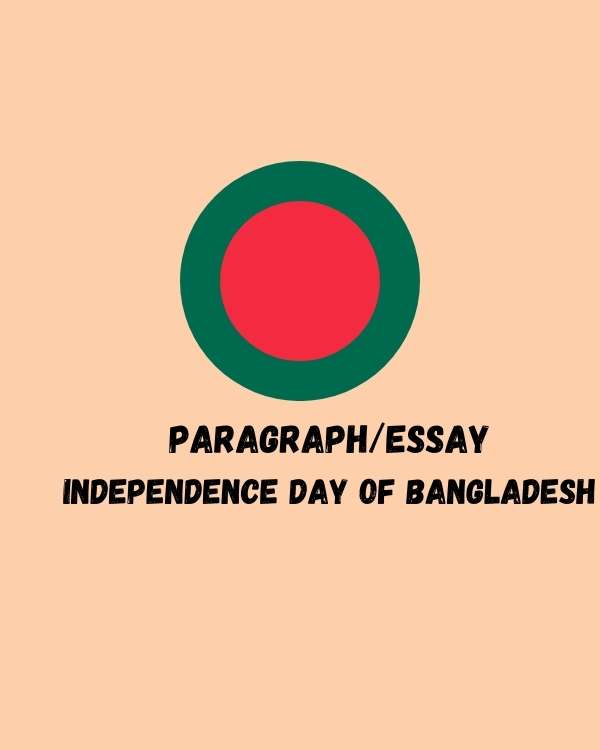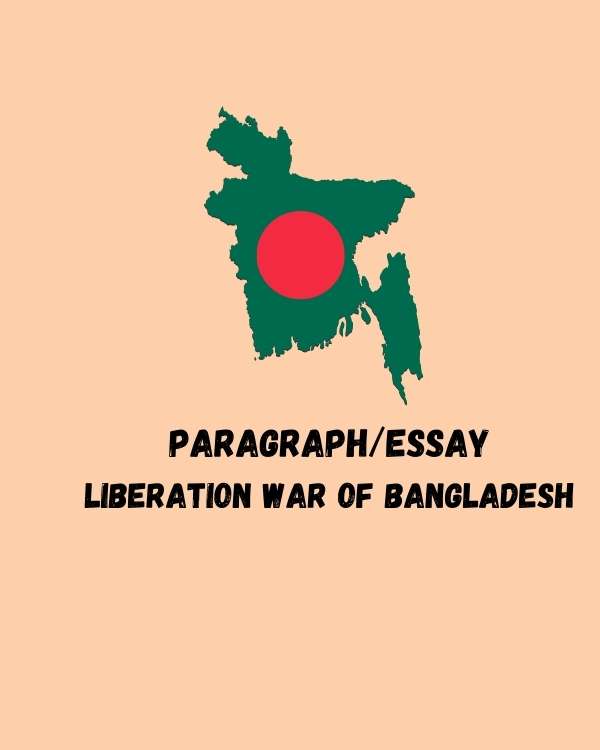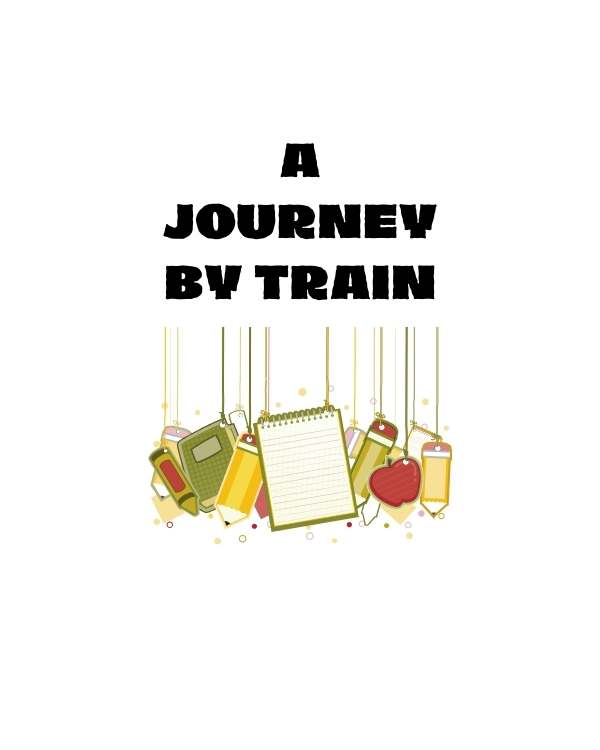Essay On Journalism-Important for all students
-

- Abdul Aouwal
- May 21, 2024
- 4 min Read
- 0 comments
Journalism means the works of a journalist regarding news, views, reports, etc. It is apparent writing on any issue of an affair.
History: In one sense journalism began with the beginning of social life. The moment men lived in association with one another, news had to be carried from place to place and ideas had to be communicated for criticism and correction. The gossip in the marketplace for exchanging views was the first (verbal) newspaper. Soto says. This is really the essence of a journalist's work. He must inform, criticize and suggest.
But journalism came in the train of the printing press. China, Originator of printing distinction of bringing out the newspaper as well and the Peking has the News' had a continuous run from the 6thcentury down to the 14th century. England took the publication of newspapers towards the end of the 16th century. The daily newspaper sponsored by Defoe appeared at the beginning of the 18th century.
In our country journalism started with the publication of news-sheets by the English traders and missionaries at Serampore at the beginning of the nineteenth century. It was soon taken up by Raja Ram Mohan Roy, Iswar Chandra Gupta, Kristodas Pal, and others.
But the modern newspapers really developed with the invention of the telegraph which made possible swift transmission of news across the world. Reuter, the famous News Agency, started the work first.
Functions: A modern newspaper is something very much more than a mere purveyor of news; it is also a store-house of current information, an instrument of public criticism, a creator of public opinion. It is, indeed, a potpourri (admixture) of many things in a variety box. It has, therefore, to be served by a large and varied staff. There are the editor and his assistants who write leading articles and editorial comments and edit news.
Their influence on forming public opinion is very great. They may be said to do the political thoughts on behalf of the man in the street. Then there is the news-editor and his staff. They receive news from different agencies, staff reporters and correspondents. They edit, arrange, and display them. They can flash a headline and create a sensation. The staff-reporters interview people, elicit views by "scooping" news in advance.
A modern newspaper must also have on its staff competent artists, cartoonists, photographers etc. There must be advertisement managers and circulation managers. All these people who are on the staff of a newspaper are known by the general name of journalists, or newspapermen.
Modern journalism: Modern journalism is organized on a commercial scale. There are international news agencies which collect and broadcast news all over the world. Of these Reuter is the most famous. Press Trust of India, Tass (Russia), Havsa (Germany), Domei (Japan) Tanjug (China), Francaise Presse (France), Associated Press of America are other famous news agencies.
Wealthy and influential newspapers always maintain their own correspondents, home and abroad. The modern world could not exist without such an elaborate organization and agency of information gathered from various sources.
A difficult profession: Journalism is a difficult profession. "To write weekly", says Virginia Woolf, "to write daily, to write shortly, to write for busy people catching trains in the morning, or for tired people coming home in the evening is a heartbreaking task for men who know good writing from bad.
" Perhaps the first quality necessary is to have a news sense, to know what is important, in a word, to know what people would be interested in. A journalist must know the art of putting the news and the views that people want in the proper form and perspective.
The role of journalist: Journalism has improved much of its methods with the passage of years. "It is no longer ponderous instructive, formal. "A good journalist creates his own peculiar style. He knows the art of creating the taste and demand for what he offers. One aspires to literary excellence; another sets greater store by propaganda.
The reader is drawn to the style which is attractive to himself. So it comes about that every journal has its own set of readers. That is why a daily paper and the particular columnists are so much in demand. Too much of opinion station has, however, to be avoided.
T.V. & Radio on the program: Journalism has many competitors today. Chief of all is the radio and the television which not only broadcast and televise but have the added advantages of arranging talks of prominent leaders of the society and establish visual contact with them. But they cannot supersede the newspaper. Remaining glued to Radio or TV at a precise time is not always possible.
Besides, coverage of news by the radio and TV is limited; items must be cut down to the minimum so that the time-limit is not exceeded. But a newspaper can be read at any time, suiting one's convenience. Its coverage is very wide, and its scope for improvement is unlimited. But the journalist should guard against the present tendency for trivializing and fragmenting news items, imposing the editor's opinions upon readers.









0 Comments